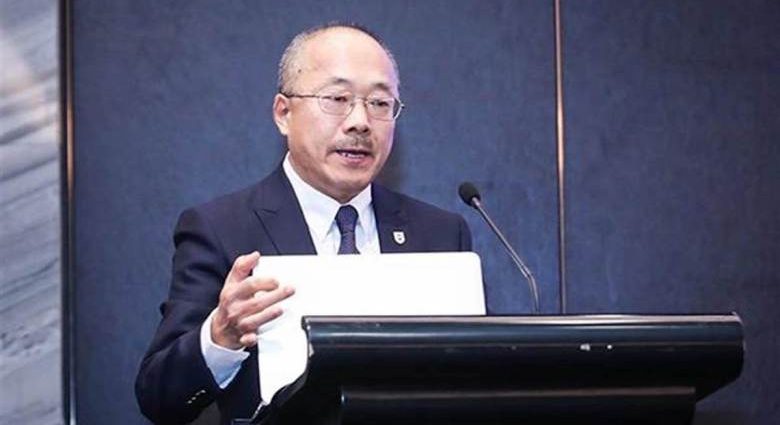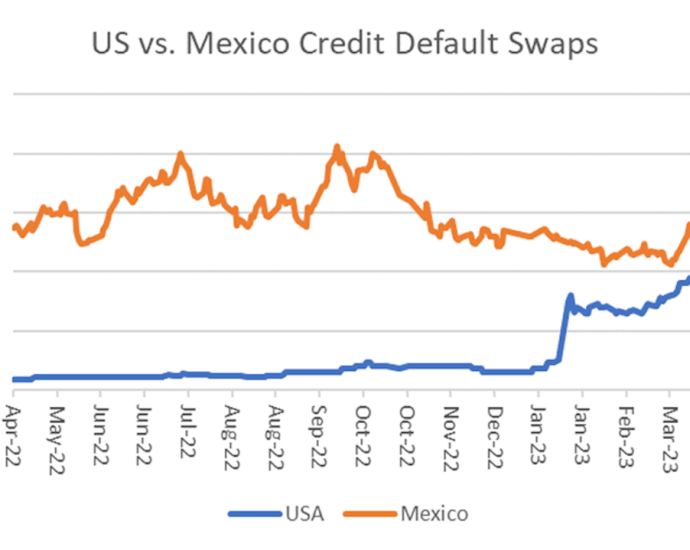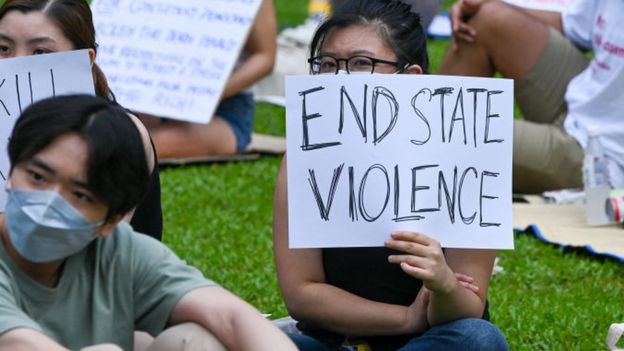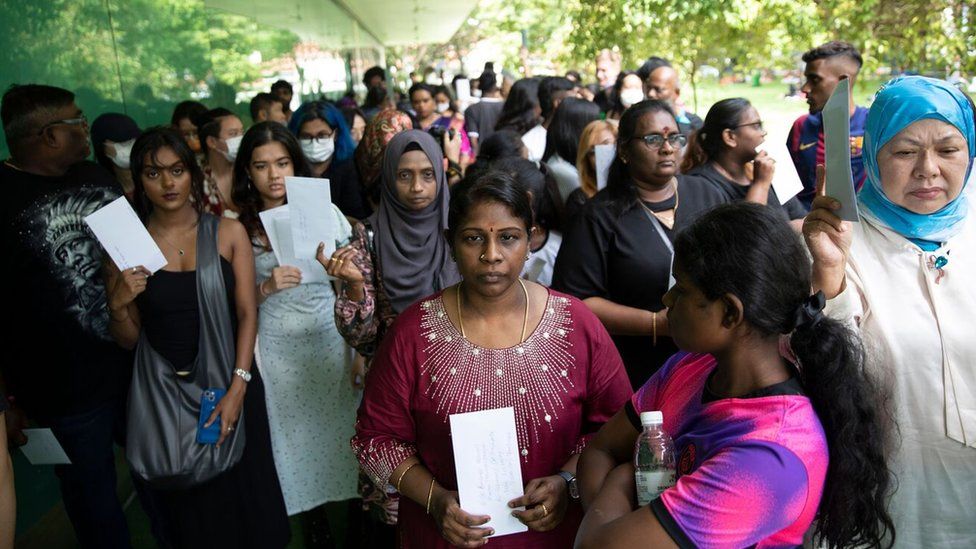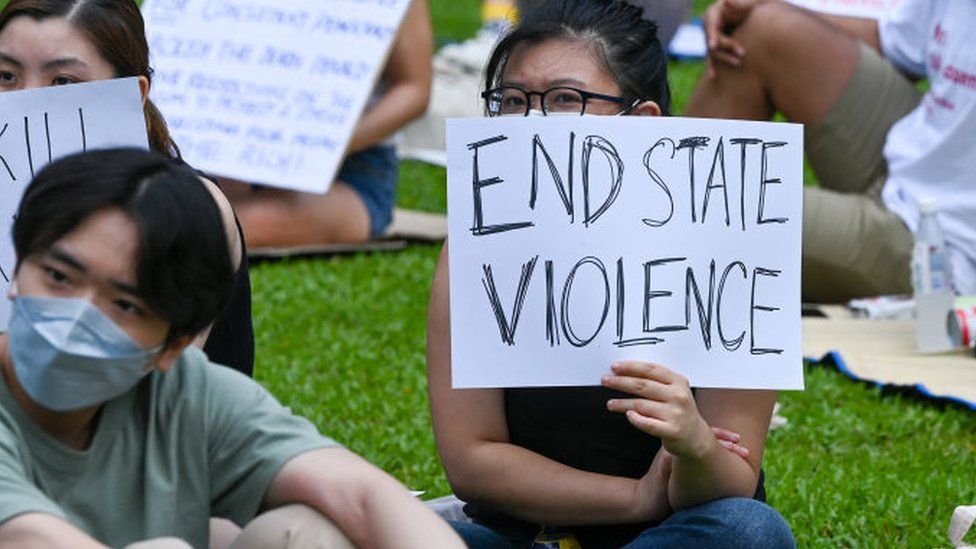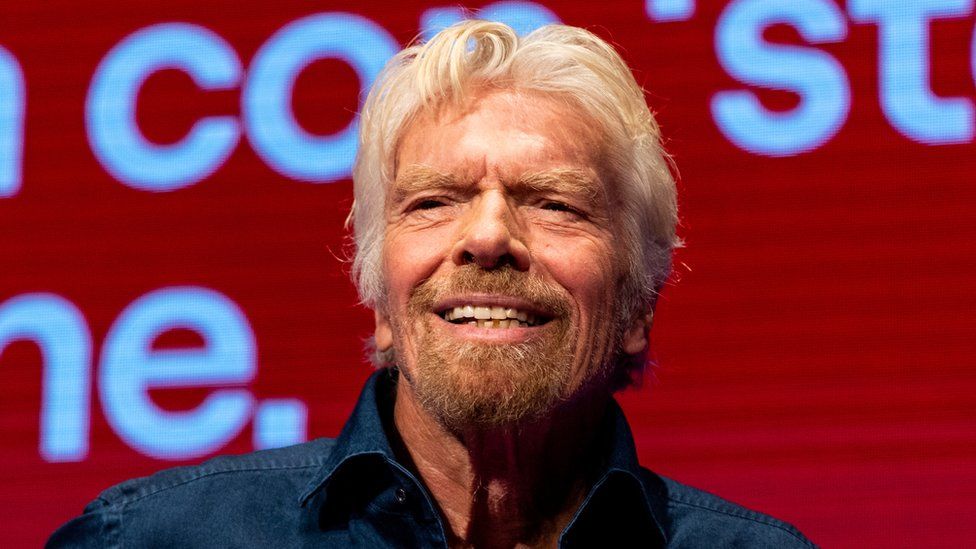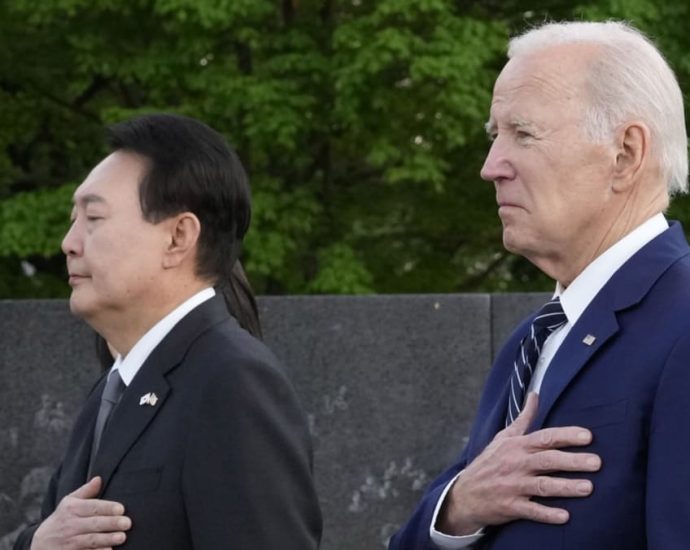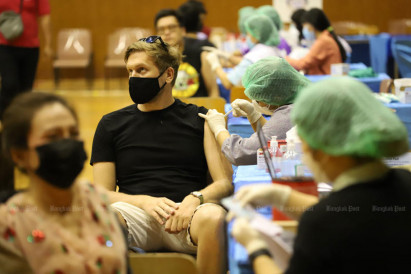China to stiffen spy law amid Western espionage fears
China, claiming to have been targeted by various espionage activities from the West, is stepping up its anti-spy efforts.
According to a pending legal amendment expected to be approved on April 26, the coverage of spying charges will be expanded from theft of “state secrets” to “all data and items related to national security.” Cyber attacks will also be covered.
Some commentators say the strengthening of the anti-spy law raises fears of a crackdown on foreign companies and individuals in China.
The law change comes after Dong Yuyu, deputy head of the editorial department at Guangming Daily, faced spying charges for interacting with diplomatic and academic contacts from Japan and the United States.
Meanwhile, a senior employee of Japanese pharmaceutical firm Astellas Pharma was arrested last month on suspicion of engaging in espionage activities. And in a separate case, five Chinese staff of the Mintz Group, a United States due diligence firm, were also arrested in Beijing last month.
On Monday, Chinese state media reported that “espionage activities” will be defined as following:
- To carry out or instigate or finance others to carry out activities that endanger the national security of the People’s Republic of China;
- To join, accept tasks from or take refuge in an espionage organization or its agents;
- To steal, spy on, buy and illegally provide state secrets and intelligence, as well as other documents, data, materials and items related to national security and interests or to instigate, lure, coerce, or bribe state staff to mutiny;
- To attack, intrude, interfere, control and damage the cyber facilities of state institutions, secret-related units or key information infrastructure;
- To indicate the target for the enemy to attack;
- To carry out other espionage activities.
New wordings include the parts about cyber-attack and “other documents, data, materials and items related to national security and interests.”
According to the government’s propaganda published last October, major espionage organizations include MI6, CIA, Russia’s Federal Security Service (FSB), Israel’s Institute for Intelligence and Special Operations (MOSSAD), Korean Central Intelligence Agency (KCIA) and Japan’s Defense Intelligence Headquarters (DIH).
People who are singled out for being easily instigated by espionage organizations include those who enjoy luxurious lifestyles; those who fantasize about the West and its thinking and derogate China’s systems; self-centric people who seek public attention; and people who have low morality.
Professional spying tools include traditional hidden cameras, clandestine listening devices and phone interceptors, as well as “umbrella guns” and spying glasses and headphones.
“Espionage activities are very close to us,” the government says in an anti-spy banner. “Retired officers, overseas students, high-school teachers, military fans and staff of military-industrial complex companies, national defense research institutions and government departments are major targets of espionage organizations.”
It says some young netizens may be used by foreign agents during online chats without knowing it. It says all people must stay alert and help build an iron wall to safeguard national security.
Making an example

The Wall Street Journal reported on Monday that Dong Yuyu was arrested when eating lunch with a Japanese “diplomat” at a restaurant in a hotel in February last year.
Citing a statement from Dong’s family, the report said the diplomat was released after several hours but Dong has remained in detention. It said the family was told that Dong will be tried but the date is unclear.
Dong graduated from Peking University and received a doctorate degree in law. He was awarded a Nieman fellowship at Harvard University in 2006-07 and became a visiting fellow at Keio University in Japan in 2010. He also served as a visiting professor at Hokkaido University in Japan.
“Dong Yuyu is an accomplished journalist whose work as a newspaper reporter and author demonstrate a long record of pro-reform writing,” Nieman Foundation curator Ann Marie Lipinski says in a statement. “His Nieman classmates knew him as objective in life and in work, and any speculation that his journalism fellowship offers evidence of espionage is ill-founded.”
More than 60 foreign academics and journalists signed an open letter supporting Dong. Japanese Foreign Minister Yoshimasa Hayashi declined to comment due to the sensitivity of the issue.
From the commentariat
A Liaoning-based military columnist, called Shanshi, alleges in an article published on April 25 that Dong has had close relationships with foreign intelligence agencies and says the arrested man has been paid to go abroad many times using academic scholarships.
Shanshi says the arrest of Dong, a high-profile media worker, shows the seriousness of China’s anti-spy fight. He says Dong and some previously convicted people have certain things in common.
“They are enjoying the fruits of our country’s development but cannot see the clear fact that our country is constantly developing and progressing in all aspects,” he says. “They hold a completely negative attitude toward all aspects of our society and fully accept the bad ideas of the West.”
“Under the cover of their glamorous titles and prominent social status, these people are doing criminal activities to harm the country,” he adds. “They make the public very angry!”
Based on the 1993 National Security Law, China launched an anti-spy law in 2014.
Since the implementation of the counterespionage law in China in 2014, at least 17 Japanese nationals have been detained in China for alleged involvement in espionage activities, according to the Japanese Foreign Ministry. Five of them are still being held in China.
In August and December 2022, the NPC Standing Committee held the first and second readings of the amendment bill.
“The current situation of anti-espionage struggle is extremely severe,” Zang Tiewei, spokesman of the legal affairs commission, NPC Standing Committee, said in a media briefing on April 21. “Traditional security threats and non-traditional ones are intertwined.”
“Espionage and intelligence activities are getting increasingly complex, with wider fields, more diverse targets and more covert methods,” he said.

He said the amendment of the anti-espionage law will resolve problems such as the narrow definition of “espionage,” the incomplete security and prevention systems and the insufficient empowerment of law enforcement.
Zang said the NPC received 201 suggestions from 112 people during the public consultation period. Citing public opinion, he said cyber-spying should be curbed while the national security department should lead the country’s anti-espionage education.
The bill was submitted to the standing committee of the National People’s Congress (NPC) on Monday and is expected to be passed on April 26.
Read: HK banks sweat fast execution of anti-sanctions law
Follow Jeff Pao on Twitter at @jeffpao3

